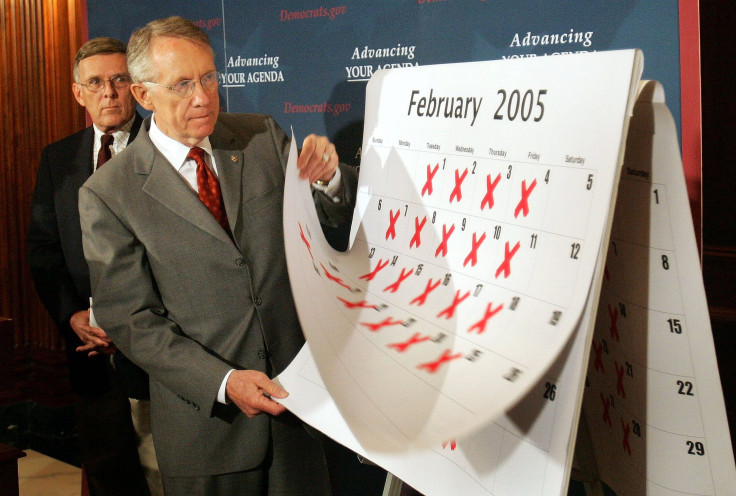Leap Year 2020: Quick Facts On Why It Happens And How It Started

This year is different from most in that February 2020 includes an extra day. For those wondering what a Leap Year is and why exactly it happens, we’ve got your answers.
What Is Leap Year?
Leap Year refers to a year that contains an extra day, also known as Leap Day, or Feb. 29. This event historically occurs every four years.
Why Do We Have Leap Year/Day?
By having a Leap Day, an additional 24 hours is added to the calendar. This, according to History.com, ensures that the calendar “stays in line with the Earth’s movement around the sun.” Since it takes Earth a little more than a modern, Gregorian calendar’s 365 days to orbit the sun, an extra day every few years is needed to accommodate that needed extra time.
So, how does this one extra day make a big difference? As explained by the outlet, “The difference might seem negligible, but over decades and centuries that missing quarter of a day per year can add up. To ensure consistency with the true astronomical year, it is necessary to periodically add in an extra day to make up the lost time and get the calendar back in synch with the heavens.”
According to the Old Farmer’s Almanac, if Leap Day didn’t occur, the calendar would be off by five hours, 48 minutes, and 45 seconds each year.
How Did Leap Year Start?
Leap Year is not a modern practice. National Geographic reports that early Egyptians and societies in China used lunar calendars to keep track of time, though it is Julius Caesar who is cited with first enacting the change.
According to the outlet, during a time when Rome’s “lunar calendar had diverged from the seasons by some three months,” he adopted the system in 46 B.C. to “correct the long years of drift” by celebrating one 445-day-long year and mandating a leap day be added every fourth year.
When Is The Next Leap Year?
Leap Day occurs nearly every four years. After 2020, the next one will be on Feb. 29, 2024. The following years to have one will be 2028 and 2032.
© Copyright IBTimes 2025. All rights reserved.






















